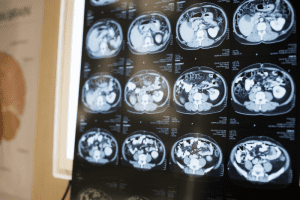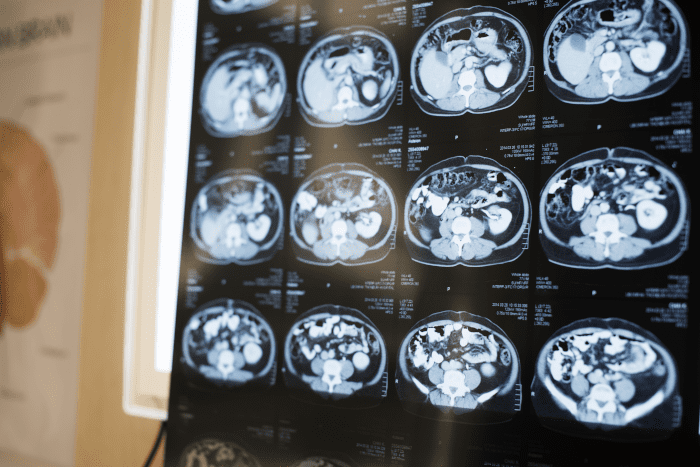
Can you remember what you learned in school about memory? Maybe not. But you’re probably well aware that you use memory for just about everything in life.
What is Memory?
Memory is the mechanism our brain uses to encode, store, and retrieve information that is both useful and not so useful for our lives. It’s an internal hard drive of all the general experiences that we have.
Naturally, as we age, our memory function declines. We won’t be able to recall all that we could at the speed that we did at eighteen when we’re eighty. But with regular exercise, sleep, and a healthy diet, much of our memory will function well, albeit not perfectly, for the rest of our lives.
However, in a world that constantly offers us ways to escape it, certain substances like alcohol, marijuana, and opioids can pose serious threats to our memory.
Memory and Addictive Substances
Marijuana contains a compound called cannabidiol or, as it’s more commonly known, CBD. CBD is thought to be the element in marijuana that calms anxiety. Additionally, marijuana contains a psychoactive compound, THC, that causes the high. In the short-term, THC disrupts our cognition and complicates our ability to utilize our memory with speed and accuracy. As of yet, research into marijuana’s long-term effects on memory is not available.
For many elderly people who are given opioid prescriptions for chronic pain–and for anyone who suffers from an opioid use disorder (OUD)–both prescription opioids and opiates like heroin, morphine, and codeine, may pose a threat to memory function. Opioids have a secondary effect on the brain, slowing down the cognitive processes that are used to retrieve information from memory and potentially damaging brain function permanently, with long-term use.
Excessive alcohol use may also negatively affect memory. It can lead to temporary memory lapses, blackouts in which memory of a specific time period is permanently erased, and, with long-term use, dementia.
If you find yourself heavily using or becoming addicted to marijuana, opioids, or alcohol, you can be sure that your brain will feel the consequences. The good news is that detoxing and recovering from the substance you’ve been using can reverse and repair most if not all brain damage.
We Are Here to Help
If you worry that yourself or a loved one might have an addiction to alcohol or drugs, Great Oaks can help. We offer a medically supervised detoxification program to ease your body and brain off of the substance, and we follow that with treatment that includes individual counseling and tools to help manage any physical or mental issue that underlies the addiction.
Our wellness program offers an array of opportunities to experience holistic healing, including yoga and other activities that can help ease tension and promote your bodily and mental wellness. Contact us today to learn more about how we can help.



